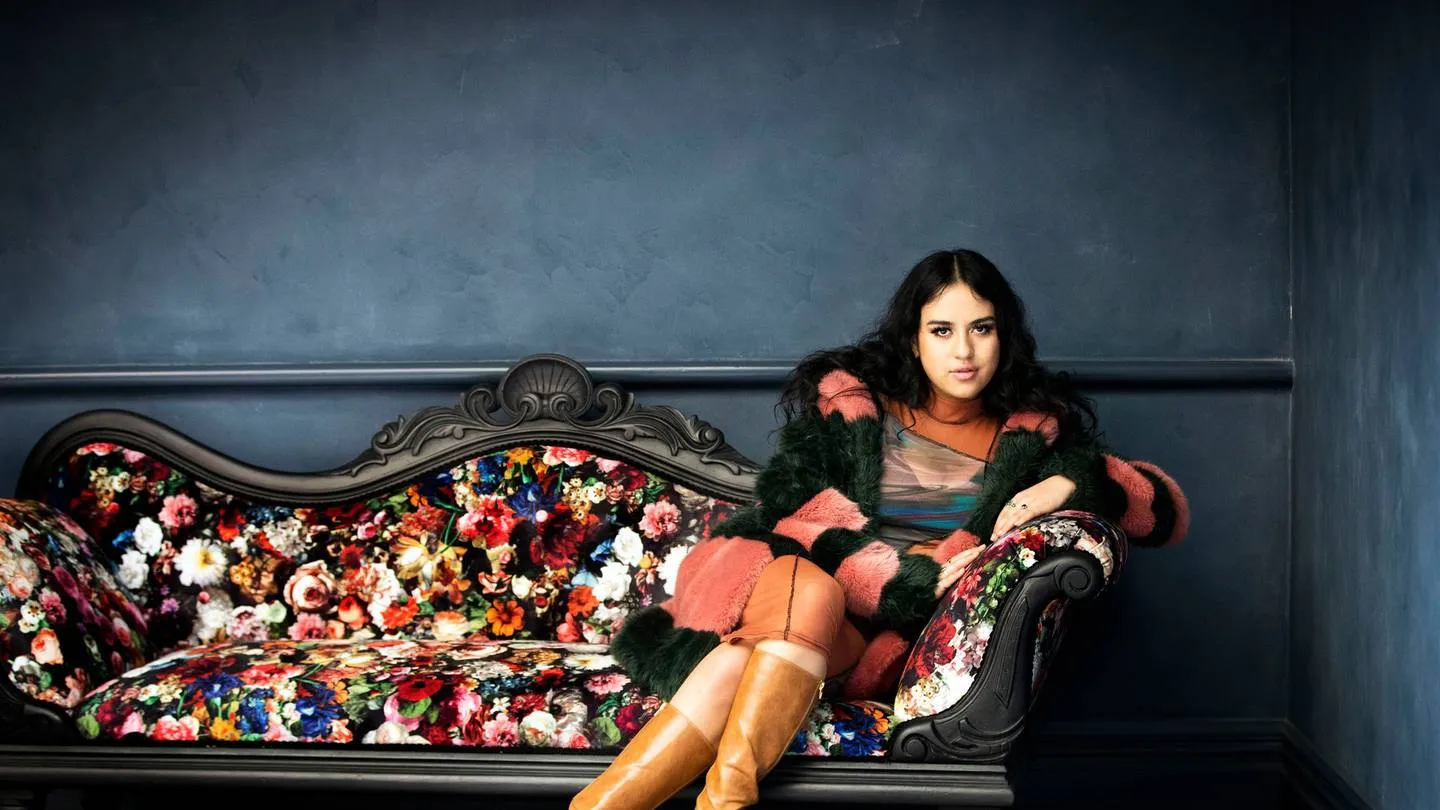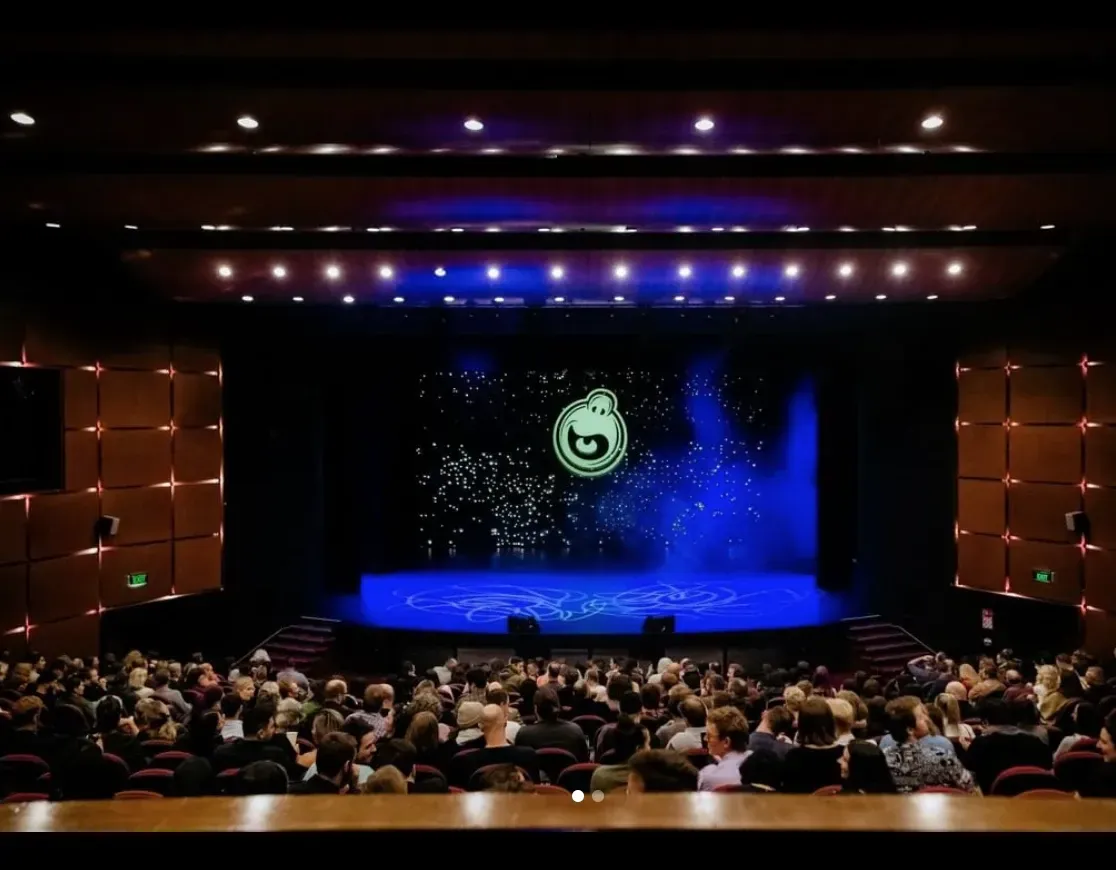Creativity Overfunded? Stick it in Your Arts
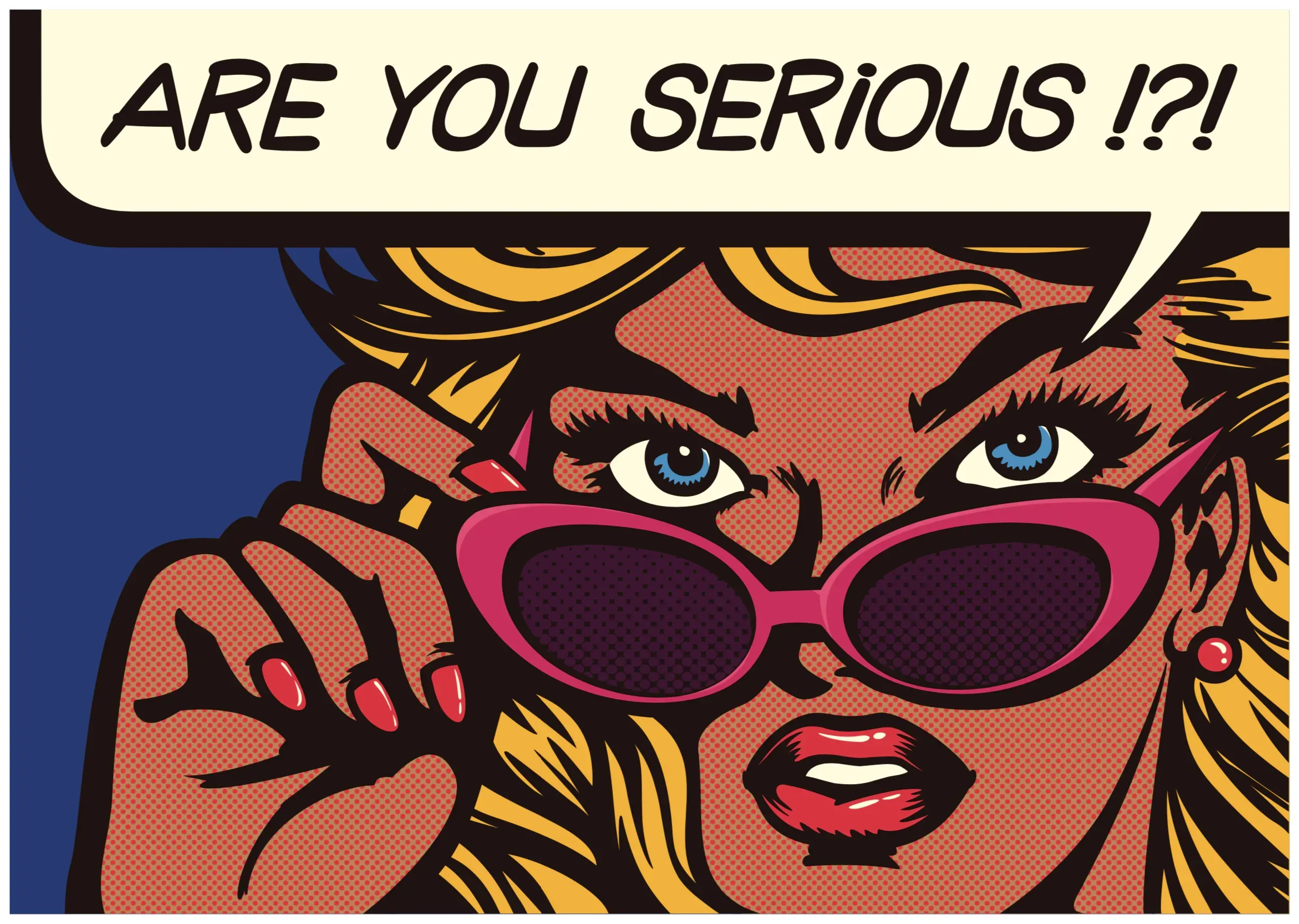
Jason Walls’ NewstalkZB opinion piece “Not a single cent more for podcasts, poetry and picture books in the name of ‘COVID recovery’” has caused a stir and not a little upset in Aotearoa’s creative communities.
Some people have gotten very upset that a tiny sliver of the Government’s COVID Recovery fund has been used to give Creative New Zealand’s usual funding budget a little bump.
Sure, $55 million sounds like a lot – to most people it would be a lot – but out of the $57 billion spent on pandemic economic stimulus, it’s barely a drop in the ocean.
Professing a manqué self-satisfied philistinism to appeal to an apparently poor view of one’s audience and threading together clichés about the role of the arts in society and the economy like beads is nothing new. Beefing about public expenditure on the arts is one of the biggest clichés of all.
It is, however, constructive to, from time to time, readdress those clichés. After all, when I get public funding for a project, a lot of it tends to go on ensuring my research is high quality and that I get my facts and contexts right – unlike certain columnists.
Creative producers, artists, writers, filmmakers, musicians, all pay taxes. The industries that disseminate their work pay taxes.
Factoring in the inevitable and widespread enjoyment, intellectual and emotional stimulus, and, let’s face it, the distraction they give us, coupled with the fact that the median income from creative work in Aotearoa is only around $15,000, that seems amazingly mean-spirited.
These are small businesses struggling with COVID restrictions like every other small business in Aotearoa. Like other small businesses, through no fault of their own, their needs have changed.
The idea of the artist starving in the garret is also a hoary old cliché. Charitably, I’ll assume Walls doesn’t expect us to off ourselves like Thomas Chatterton. Odd how apparently it’s a different story when it’s MSM journalism that needs a handout.
Walls lists a number of creative endeavours that he thinks undeserving of CNZ money – a horse that the Taxpayer’s Union has already flogged to death and beyond. Let us assay.
“As New Zealand faced the brunt of a global pandemic, the Government spent $26,000 commissioning a novel about the collapse of democracy in an association of alpaca breeders.”
Said novelist is filmmaker and playwright Duncan Sarkies, of Scarfies fame – not exactly a punt on an unknown with no track record.
Writing novels is expensive – it’s an involved process that doesn’t really leave much room for other work if you’re going to do it properly. There may be quite a bit of research involved, travel - hell, printer ink. You may have to dedicate a year or more to it.
“As people lost jobs in droves,” writes Walls, tiny violin in hand, “almost $50,000 was given to the Comedy Trust to examine what changes need to be made to better support a more diverse and sustainable comedy industry.”
I think diversity and sustainability are good things in a pluralistic, multicultural, postcolonial society like ours. Look - living in Christchurch - after the decade I’ve had, I need a laugh. With COVID, the entire country could do with cheering up.
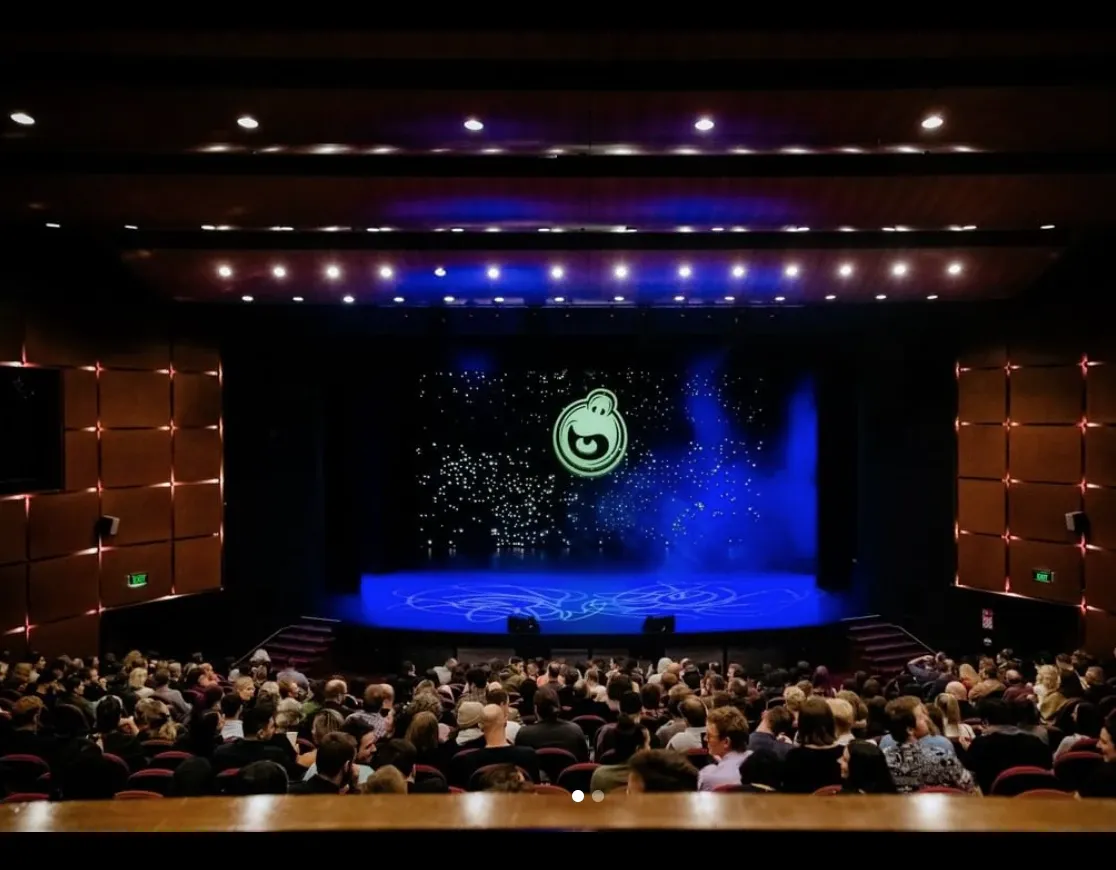
The NZ Comedy Trust is responsible for the successful International Comedy Festival. Photo: Jinki Cambronero.
Also, live performance is expensive. It’s not just the comedians themselves and their need to support the development of their material, but the support crew backstage and front of house, the venue and the rest of it.
“Take the $18,000 for writing poetry that “explores indigeneity and love in the time of climate change,” for example.”
In this case, the poet is Tayi Tibble (Te Whānau-ā-Apanui/Ngāti Porou), easily one of the most important young Māori writers today, and certainly one of the most read of any living poet in Aotearoa right now.
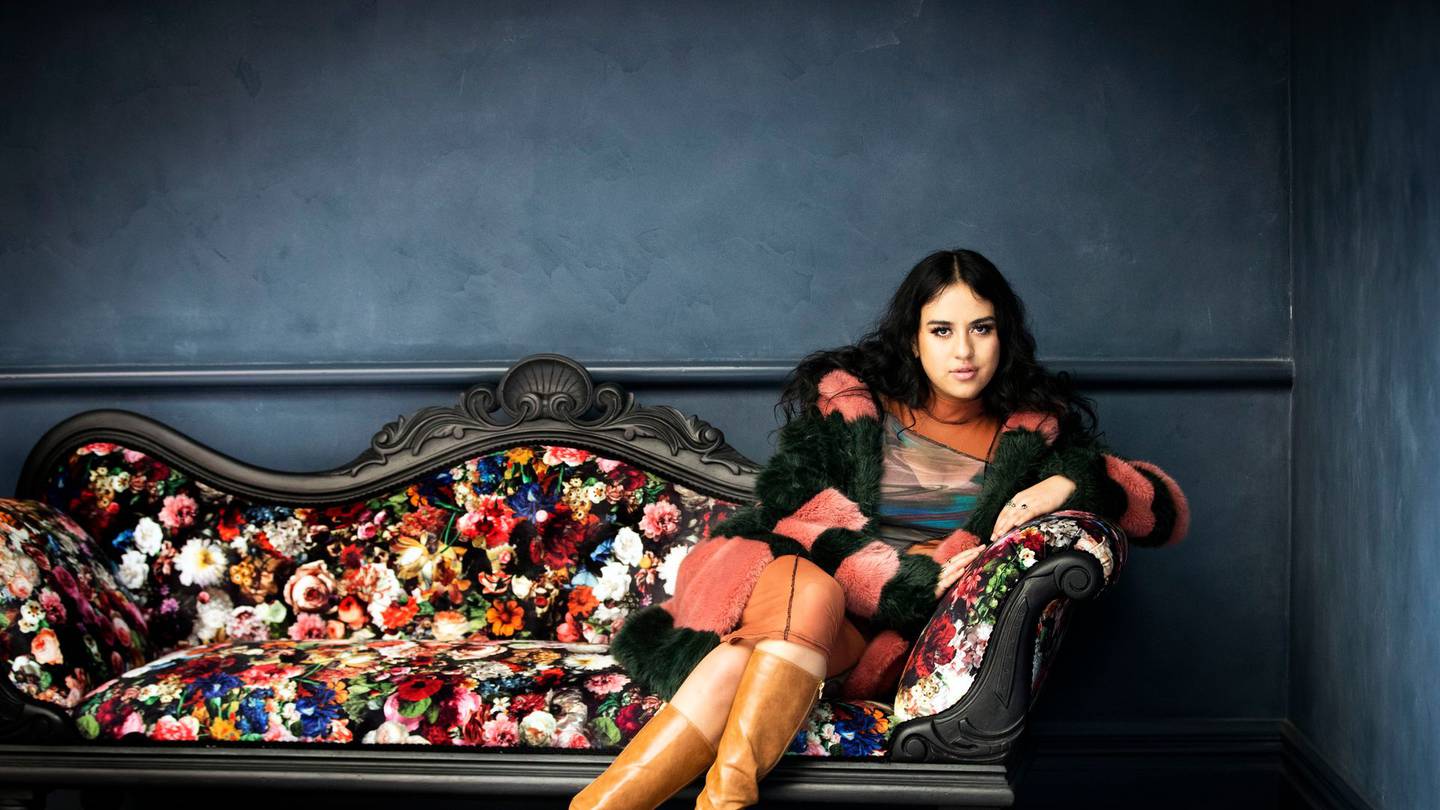
One of Aotearoa's most popular poets, Tayi Tibble. Photo: Nicola Edmonds.
One gets the impression that Walls finds something amusing about the “indigeneity” part, but it is an accepted reality that indigenous peoples, often already marginalised, are especially vulnerable to the effects of climate change.
“It’s easy to take aim at the Creative NZ funding,” says Walls, “and to poke holes in what the Government’s decided to fund through its $55m “public interest journalism” fund.”
Clearly. Low hanging fruit and all that. He does try to intimate, unsuccessfully, that his tongue is in cheek:
“And yes, although $21,800 for the writing music that forms a song-cycle from the suburban labyrinth is a relatively small amount when considering the Government’s mammoth budget, other larger projects are harder to ignore.”
Cameras on fishing boats: Bad. The Jobs for Nature scheme: Bad. Apparently, the “whopping $1.22 billion was spent on the jobs for nature scheme – as a little perspective, that’s enough to buy roughly 1000 houses in Auckland.”
Where are these thousand houses for sale? But I digress. Back to the arts.
Walls goes on to ask: “Are they important projects? Maybe. Should they have been the Government’s focus in these unprecedented times? Absolutely not.”
Keep in mind that the money spent on these things is a tiny portion of the whole.
“The currency of politics is opportunity cost – what project has missed out on funding as a result of another getting the nod from the Beehive. … In the case of the COVID-19 Recovery Fund, every cent spent on commissioning podcasts, picture books and poetry is money not spent on New Zealand’s health care system.”
As the wise young Rabbi Yeshua bar Yosef - better known as Jesus Christ - once said, “Man cannot live on bread alone” (Matthew 4:4). Living with a pandemic, as we are, we need the arts in a wide diversity of forms.
“That’s more hospital beds – not funding the instrumental arrangement of 10 songs for children, from ideas given by children,” says Walls. “More money for New Zealand’s hospitals – not funding for obscure and wasteful projects in the name of the ‘COVID Recovery’".
Why does it have to be an either/or scenario? Can you imagine how miserable Auckland’s level 4 lockdown would be without books, movies, music? Creativity is an essential part of mental and emotional health.
Consider that word “wasteful”.
The arts and creative sectors were worth about $10.98 billion to our economy to March 2020, or over 3% of GDP. Elsewhere I have examined the benefits to Aotearoa of a vibrant arts sector, and compared to the sort of Government money thrown at professional sport in this country, it seems churlish to even mention it.
It’s a truism that many accept the arts as a public good but don’t especially want to put their hand in their pocket for it. If our Rich Listers were outstanding patrons, if people helped bake the bread of the art world’s Little Red Hens rather than just enjoying eating it, things might be different.
They aren’t.
The arts sector is just as deserving of what little it gets as any other sector. Imagine what it could achieve if it was paid commensurately to what it actually does.
